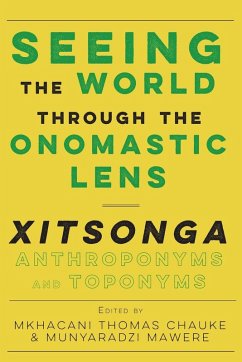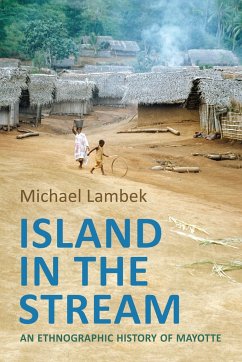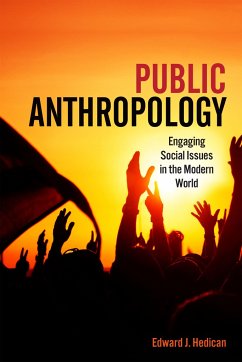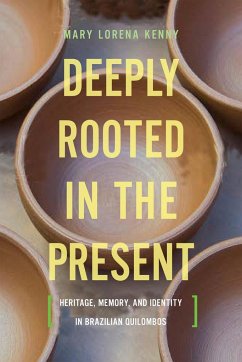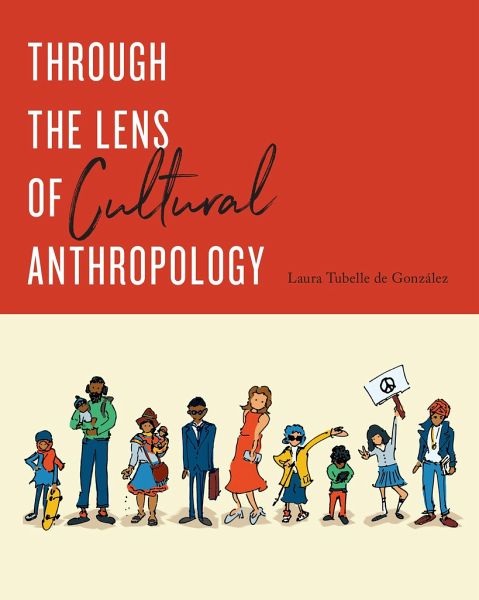
Through the Lens of Cultural Anthropology
Versandkostenfrei!
Versandfertig in über 4 Wochen
75,99 €
inkl. MwSt.

PAYBACK Punkte
38 °P sammeln!
With heightened sensitivity to issues surrounding diversity, this text is inclusive, using gender neutral pronouns throughout, and covers a wide range of provocative topics that will engage students.




